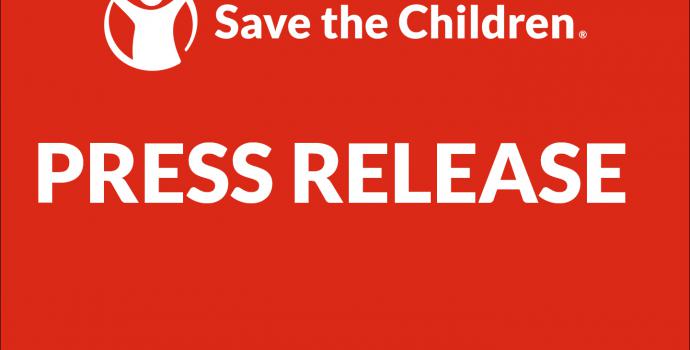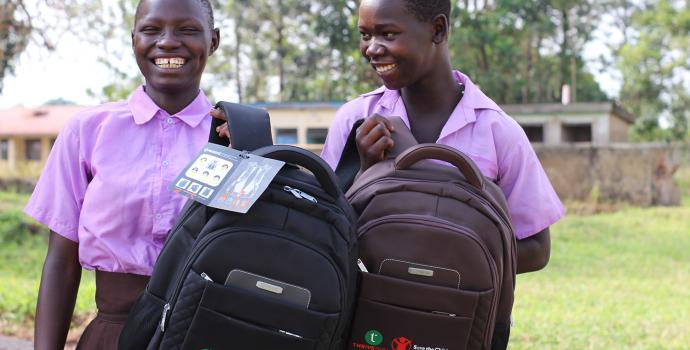Launch of INnovative and inCLUsive eDucation programmE for refugee and host community children, (INCLUDE) Phase 3, Funded by the European Union Humanitarian Aid.

[Kampala, 16/06/2023] - The INCLUDE Consortium, comprised of leading education and humanitarian aid organizations, has announced the launch of the third phase of the INnovative and inCLUsive eDucation programmE for refugee and host community children (INCLUDE).
The European Union Humanitarian Aid has generously funded this transformative initiative, which will benefit a total of 64,517 individuals (32,037 females and 32,480 males) over 24 months. The program aims to provide quality education and inclusive learning environments for children in five refugee settlements of Kyangwali, Kyaka 11, Nakivale, Oruchinga, and Rwamwanja, situated in the districts of Kibuube, Kyegegwa, lsingiro, and Kamwenge respectively.
The INCLUDE Consortium, led by Save the Children, in collaboration with Finn Church Aid (FCA}, Norwegian Refugee Council (NRC), Humanity and Inclusion (HI}, War Child Holland (WCH), and Planning for Tomorrow (P4T), combines expertise and resources to address the educational challenges faced by refugee children and promote inclusive learning environments.
Through this partnership, the consortium aims to ensure that every child, regardless of background, has access to quality education and opportunities for a better future.
The program aligns with the Uganda Education Response Plan for Refugees and Host Communities and addresses both supply and demand side barriers to education, ensuring access to quality education for all children.
Key features of the program include the establishment of inclusive learning spaces tailored to the specific needs of children from refugee and host communities, remedial learning programs to compensate for learning losses, collaboration with the Uganda Cash Consortium and EQUATE Consortium to address financial barriers through cash transfers, teacher recruitment and training, ensuring children's safety and well-being, engaging parents and the community, and supporting district local government for sustainability.
Dragana Strinic, Save the Children Country Director, expressed excitement about the program and emphasized the goal of creating inclusive and empowering learning environments through collaboration and resource sharing.
"We are thrilled to launch this ground-breaking INCLUDE programme which has been made possible by the generous funding from the European Union Humanitarian Aid. By harnessing our collective expertise and resources, we aim to create inclusive and empowering learning environments for refugee and host community children. Together, we can ensure that education becomes a catalyst for positive change, breaking down barriers and fostering integration and understanding." Dragana said.
"Education is vital for the future of both the refugee children and those from host communities", explains Bruno Rotival, head of the EU's Humanitarian Aid office in Kampala. "Such programmes also bring people together as they benefit both refugees and host communities. We do not want to leave any child behind."
The INCLUDE Consortium is committed to transforming the lives of refugee and host community children through education, and they extend their gratitude to the European Union Humanitarian Aid for their support.
For more information about the INCLUDE Consortium and its inclusive education programme, please visit our website at https://uganda.savethechildren.net/
About EU Civil Protection and Humanitarian Aid:
The European Union and its Member States are the world's leading donor of humanitarian aid. Relief assistance is an expression of European solidarity with people in need all around the world. It aims to save lives, prevent and alleviate human suffering, and safeguard the integrity and human dignity of populations affected by natural disasters and man-made crises.
Through its Civil Protection and Humanitarian Aid Operations department, the European Union helps millions of victims of conflict and disasters every year. With headquarters in Brussels and a global network of field offices, the EU provides assistance to the most vulnerable people on the basis of humanitarian needs.




